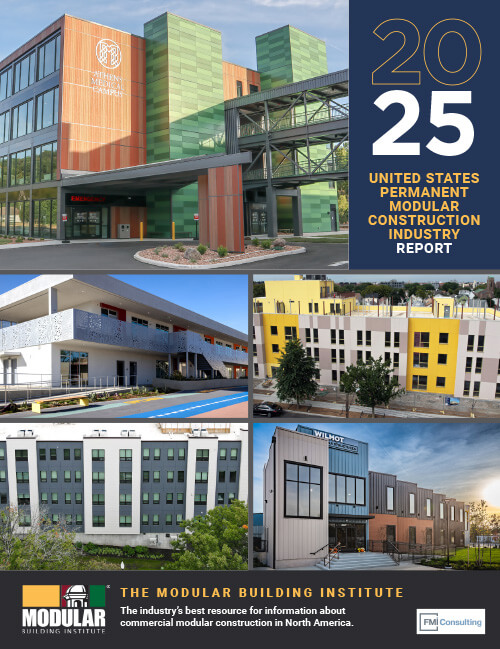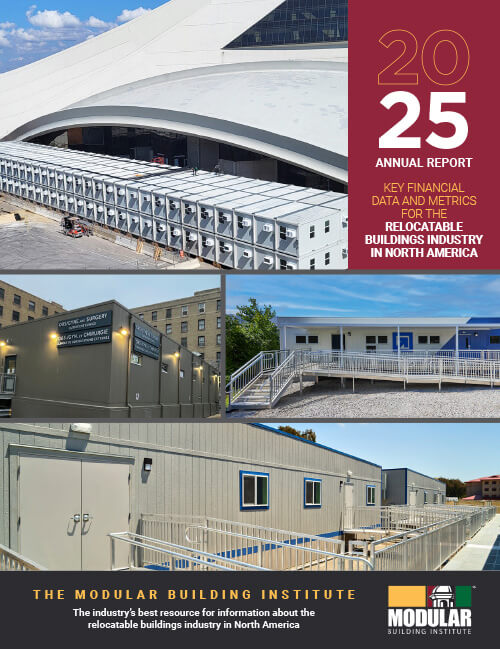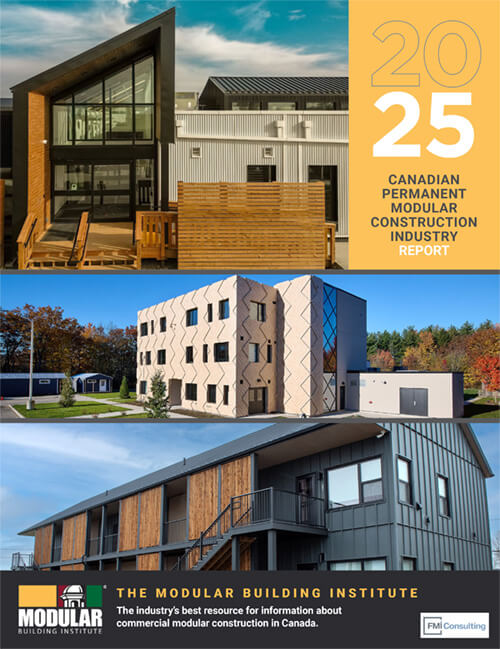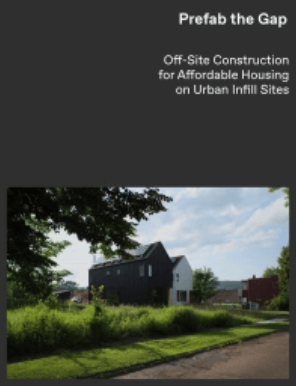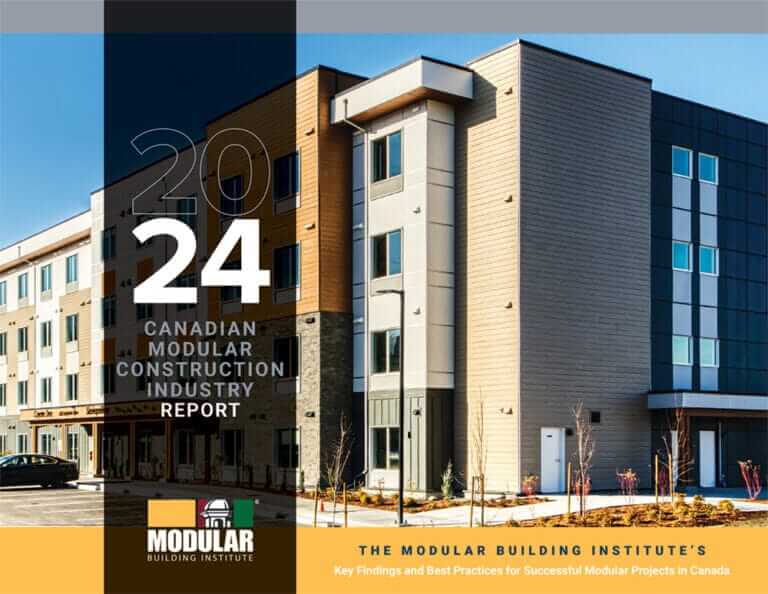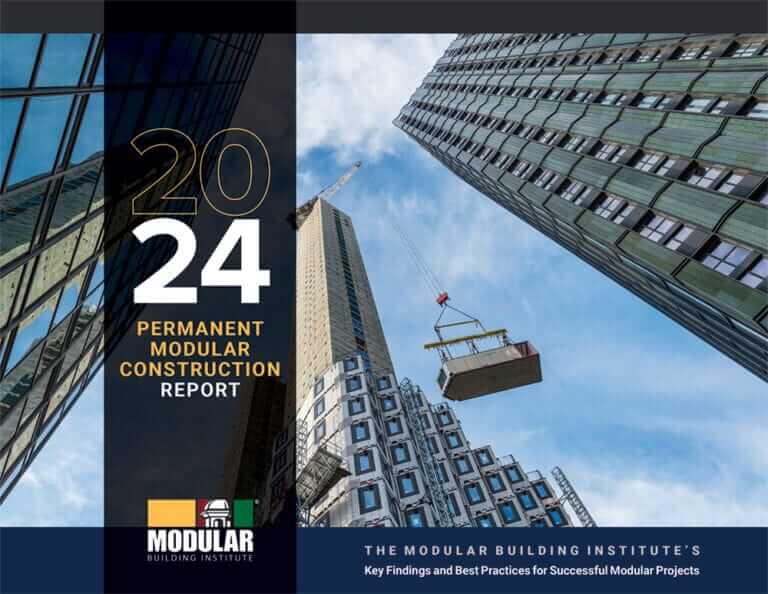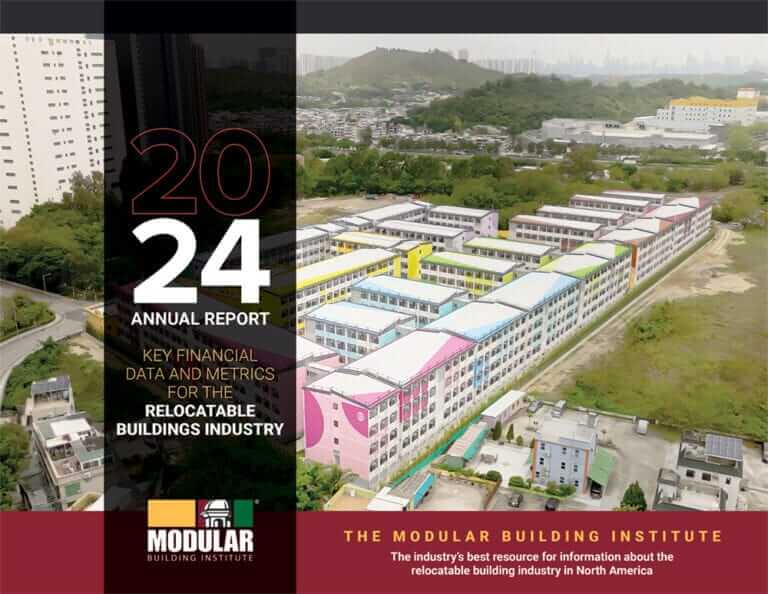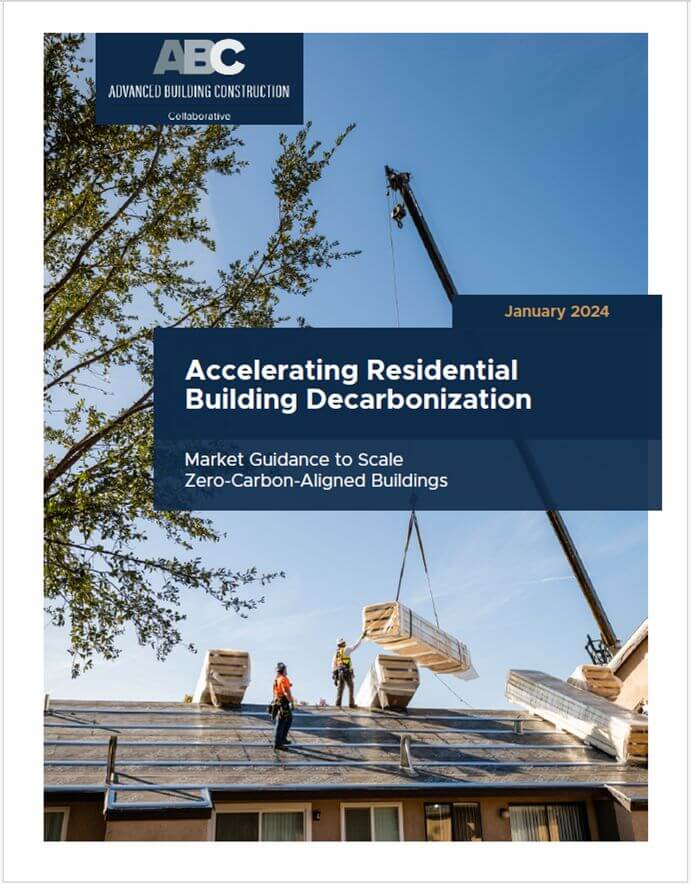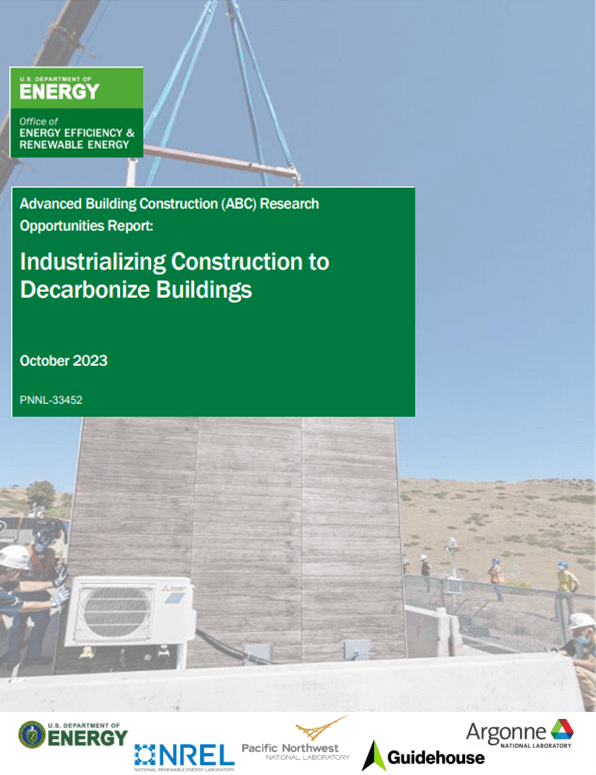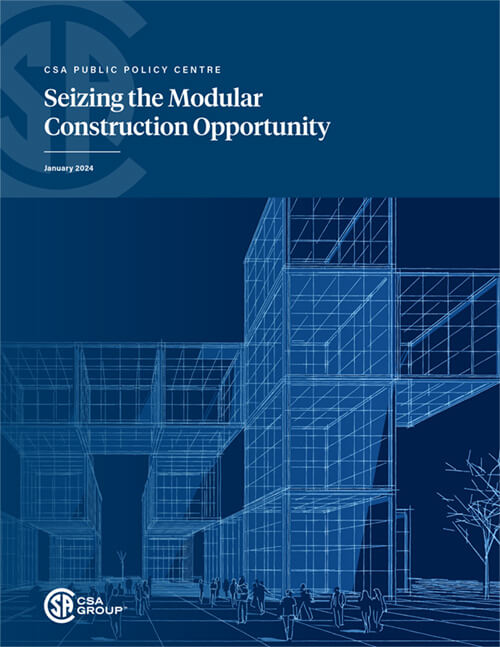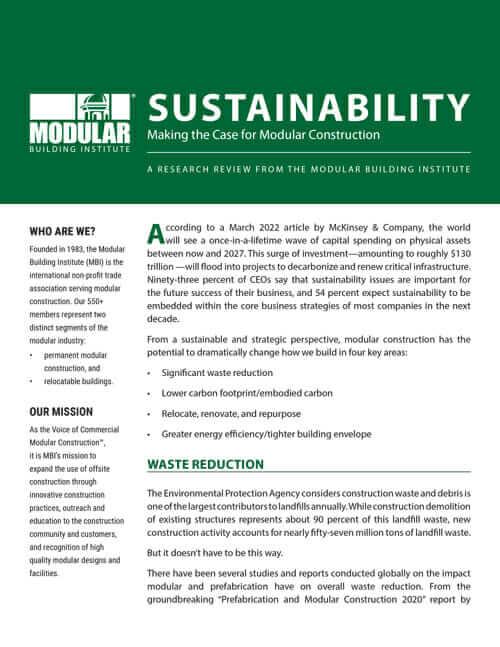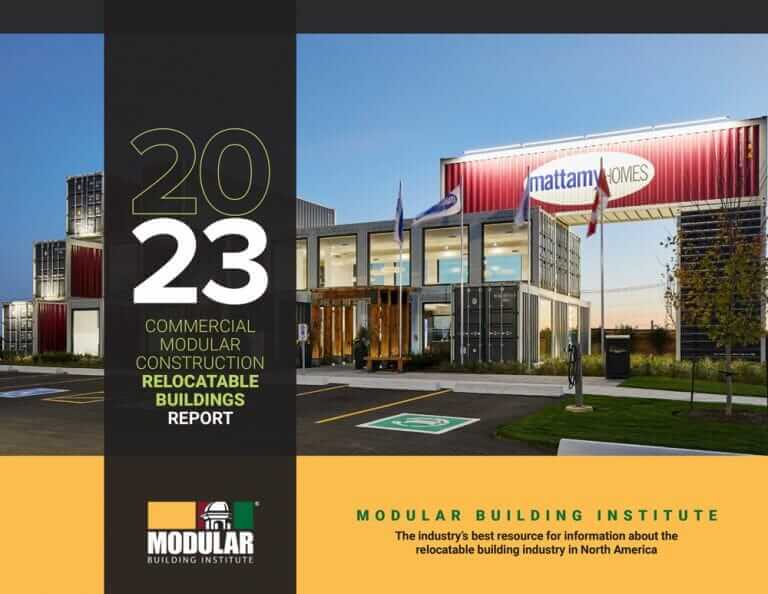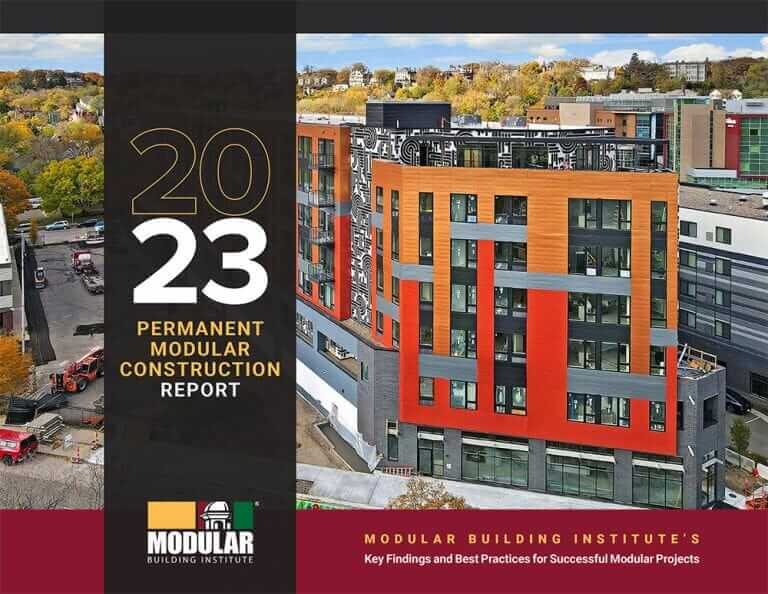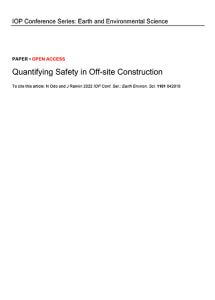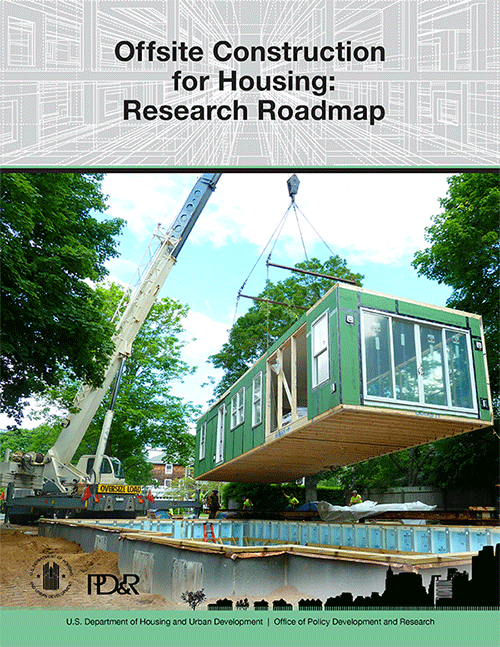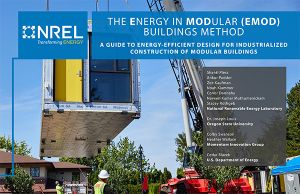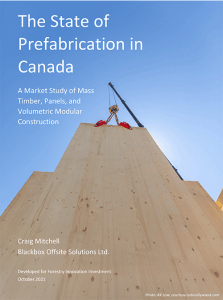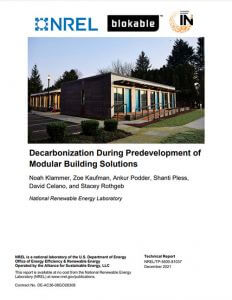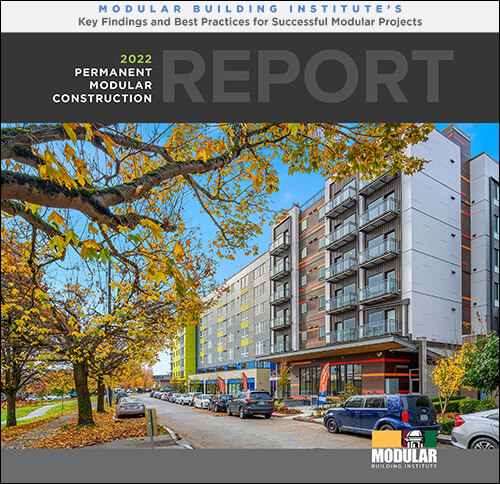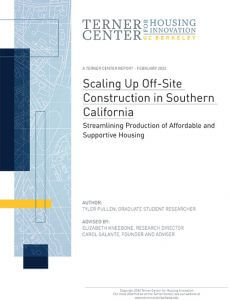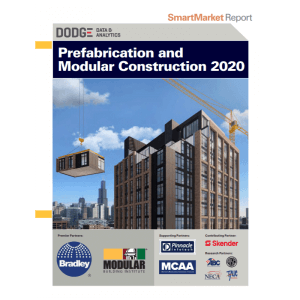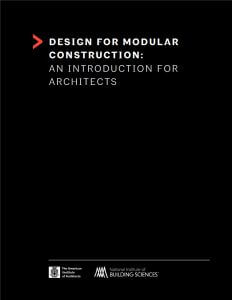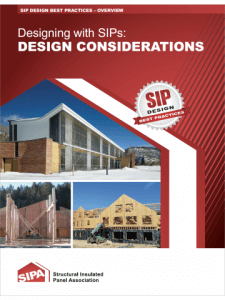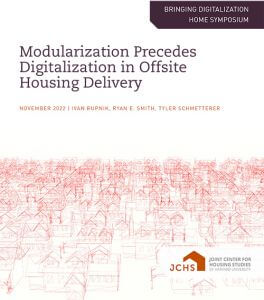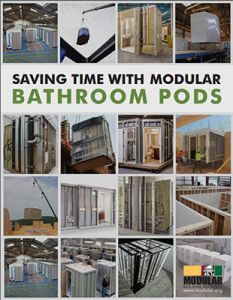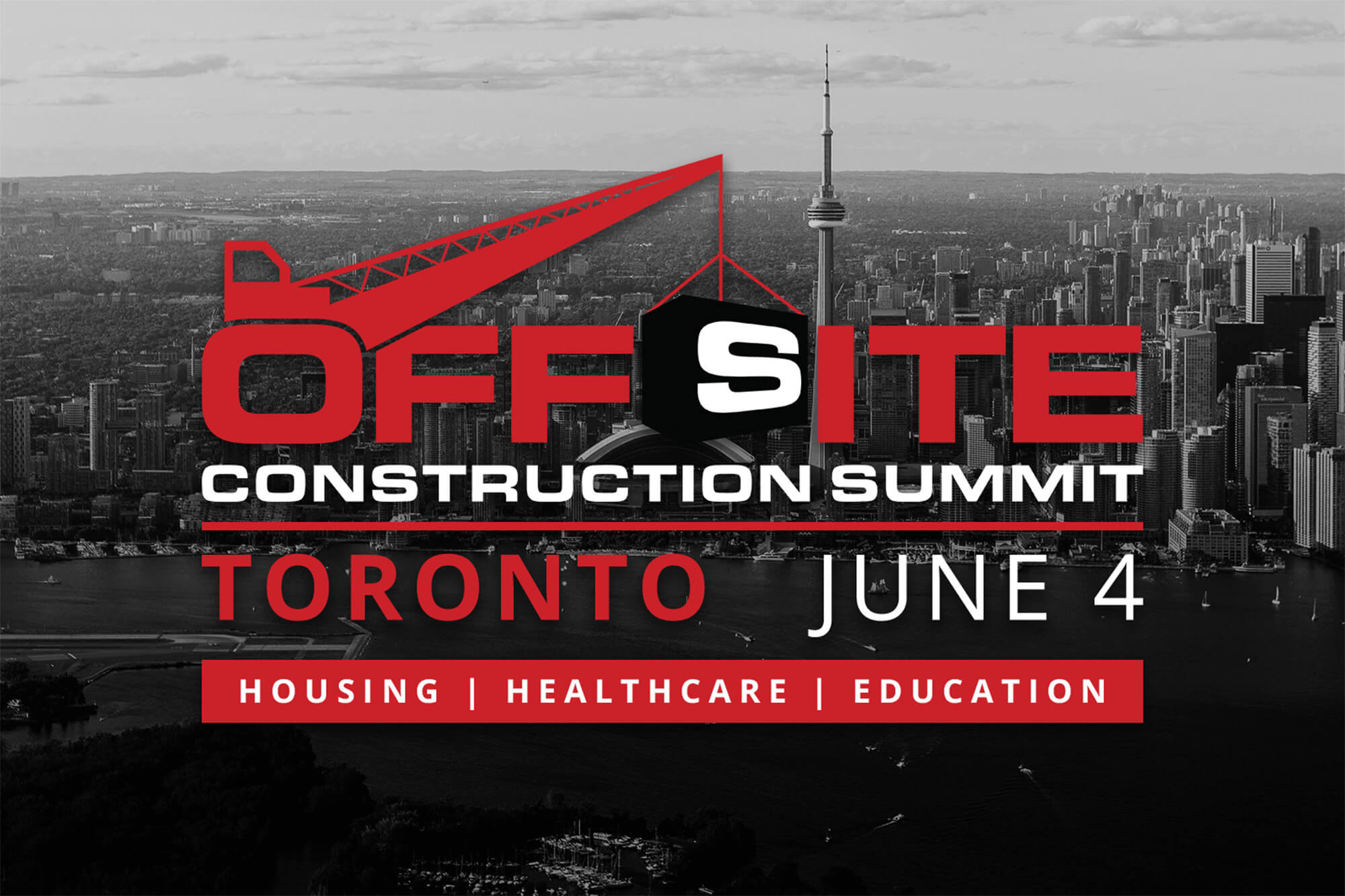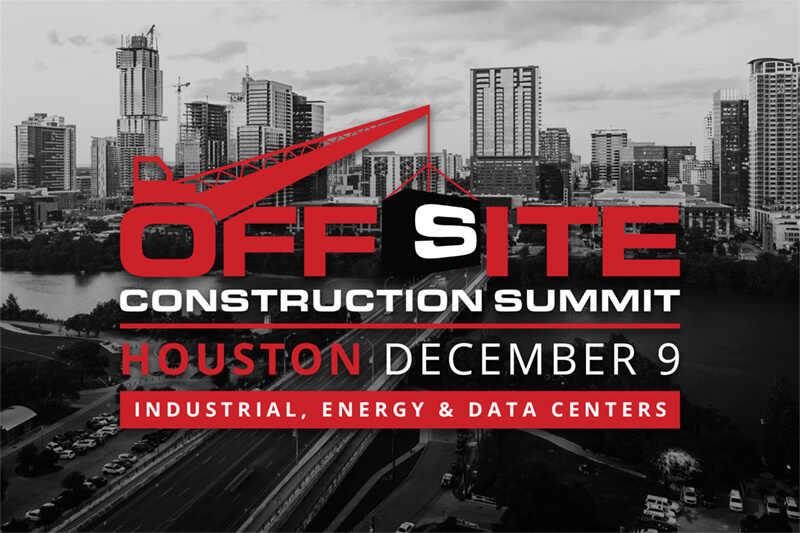Offsite Construction Whitepapers & Reports
Learn more about every facet of the offsite construction industry—modular, panelized, precast, relocatable—in these whitepapers and reports.
Latest Reports
2025 U.S. Permanent Modular Construction Industry Report
This comprehensive analysis from the Modular Building Institute, developed in collaboration with FMI Consulting, focuses on the economic performance, trends, and forecasts for permanent modular construction in the United States. The report reflects updated methodologies, enhanced regional analysis, and robust data from both primary and secondary sources.
2025 Relocatable Buildings Industry Report
The relocatable buildings industry in North America continues to play a crucial role in providing temporary and flexible space solutions for sectors like education, construction, healthcare, and disaster relief. The Modular Building Institute, representing more than 700 members globally, leads efforts in promoting professionalism, innovation, and growth in the modular construction sector.
2025 Canadian Modular Construction Industry Report
In spring 2025, the Modular Building Institute and FMI Consulting began a collaborative effort to provide current, detailed, and actionable market insights. As one of the outcomes of that partnership, this report is intended to provide a means to measure and monitor changes across the industry, specifically describing five-year historical (2020-2024) and five-year forecast (2025-2029) data for volumes of modular Construction Put in Place (CPiP).
More Offsite Construction Industry Reports
Accelerating Residential Building Decarbonization
With growing concerns about climate change, resilience, and housing affordability, the urgency to decarbonize US residential buildings is more pressing than ever. This challenge also presents an unparalleled opportunity for innovation and market expansion in the construction industry.
Industrializing Construction to Decarbonize Buildings
The Advanced Building Construction (ABC) Initiative accelerates the speed and scale of U.S. building decarbonization through industrialized innovations that deliver low carbon, affordable, and appealing new buildings and retrofits. Industrialization refers to streamlining manufacturing, business models, and installation of technologies to become reproducible at scale. To do this, the ABC Initiative provides support to accelerate innovations coming out of RD&D through commercialization and scaling, all informed by market needs.
Seizing the Modular Construction Opportunity
At a time when Canada’s construction needs are rising and the industry grapples with numerous challenges, modular construction can provide an efficient and cost-effective alternative to the development of high-quality, attractive buildings that are affordable, durable, energy-efficient, and even recyclable.
This report outlines the key benefits of modular construction, as well as the main barriers impeding its wider adoption in Canada.
The Sustainability of Modular Construction
Modular construction is a more environmentally friendly building method than traditional on-site construction. By utilizing modular techniques and sustainable construction methods, building developers can lower their projects’ overall environmental impact through reduced emissions, reduced waste, material reusability, and increased energy efficiency.
2023 Relocatable Buildings Report
This newly-updated report collects the most recent data from the fleet owners around the industry and new project and revenue data. This report also includes valuable information for code compliance and provides an overview of the markets served by the relocatable buildings industry.
2023 Modular Construction Annual Reports
This completely redesigned report looks at current drivers and trends of the commercial modular construction industry and provides a regional analysis of the North American market. Financial trends and forecasts, environmental impacts, as well as revenue and market share data, are also included.
Quantifying Safety in Off-site Construction (2022)
The concept of leveraging off-site construction as a safer alternative to execute construction works has been presented by researchers and industry, but support for this premise with quantifiable data is lacking. To investigate differences in off-site construction versus conventional on-site methods, the research has developed a safety evaluation methodology to quantify safety performance and allow for comparisons of construction methods.
Offsite Construction for Housing: Research Roadmap (2023)
The U.S. Department of Housing and Urban Development, in partnership with the National Institute of Building Sciences and MOD X, has published the Offsite Construction for Housing: Research Roadmap, a strategic report that presents the key knowledge gaps and research needs to overcome the barriers and challenges to offsite construction in the United States.
The Energy in Modular (EMOD) Buildings Method (2022)
The Energy in Modular (EMOD) method is NREL's new approach to designing, producing, and delivering affordable, net-zero energy, low-carbon, and healthier buildings at scale. NREL's Industrialized Construction Innovation Team led the development of this guide, and its scope of work includes whole-building level and subassemblies of components, pods, panels, and volumetric modules.
Scaling Up Off-Site Construction in Southern California
This analysis documents the current landscape of offsite construction in Southern California with a focus on multifamily affordable and supportive housing, drawing on dozens of interviews with industry experts to identify barriers and opportunities related to expanding its success and adoption.
Design for Modular Construction: An Introduction for Architects
From quality and safety to schedule efficiency and sustainability, modular building has a lot to offer owners and project teams. Learn more about the variety of benefits of modular construction with the new AIA Modular and Off-Site Construction Guide.
Modularization Precedes Digitalization in Offsite Housing Delivery (2022)
MOD X has developed a conceptual model that nests digitalization and technology within three frames—the contextual frame (i.e., market, material, labor, regulations, and culture), the business platform frame (value creation, supply chain, and integration), and the product platform frame (modularization, product platforms, assemblies, and continual improvement).
Saving Time with Modular Bathroom Pods
This white paper from the Modular Building Institute focuses on the interspersion of bathroom pods into traditional construction methods. We will discuss how to know if bathroom pods are ideal for your project, the benefits of bathroom pods, and provide case study examples of successful bathroom pod implementations.
Upcoming 2026 Offsite Construction Network Events
Join the leading companies and professionals from across the offsite construction industry at each of this year's Offsite Construction Network events. With summits and expos taking place across North America in 2026, it's never been easier to connect with and learn from offsite construction manufacturers, designers, builders, and suppliers from the United States and Canada.
Subscribe today to get the latest updates on future events from the Offsite Construction Network.
